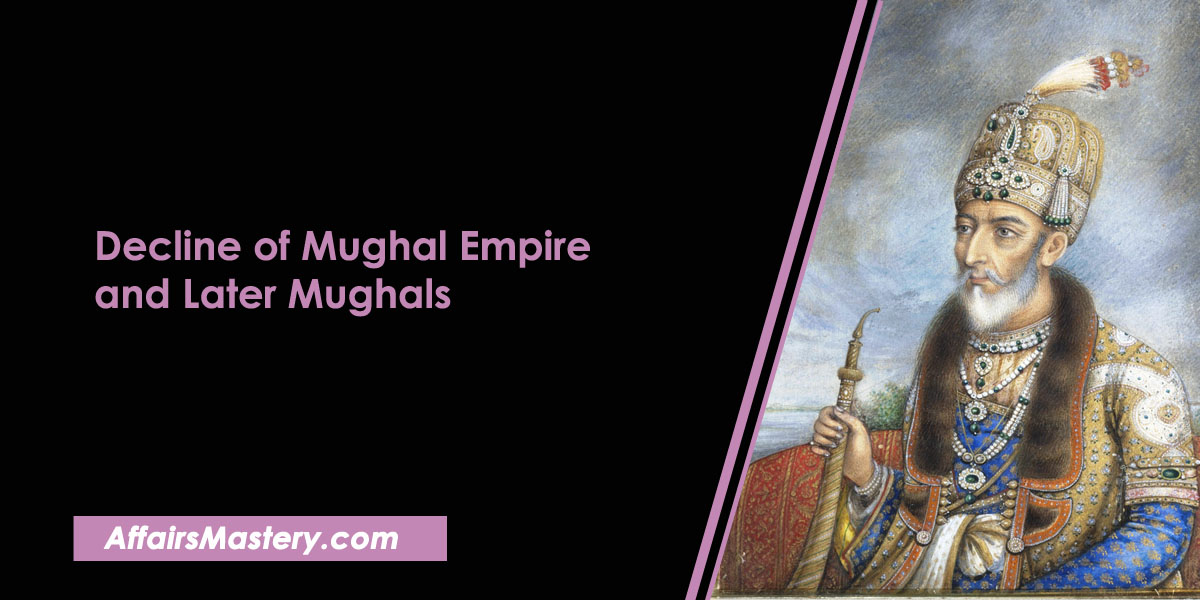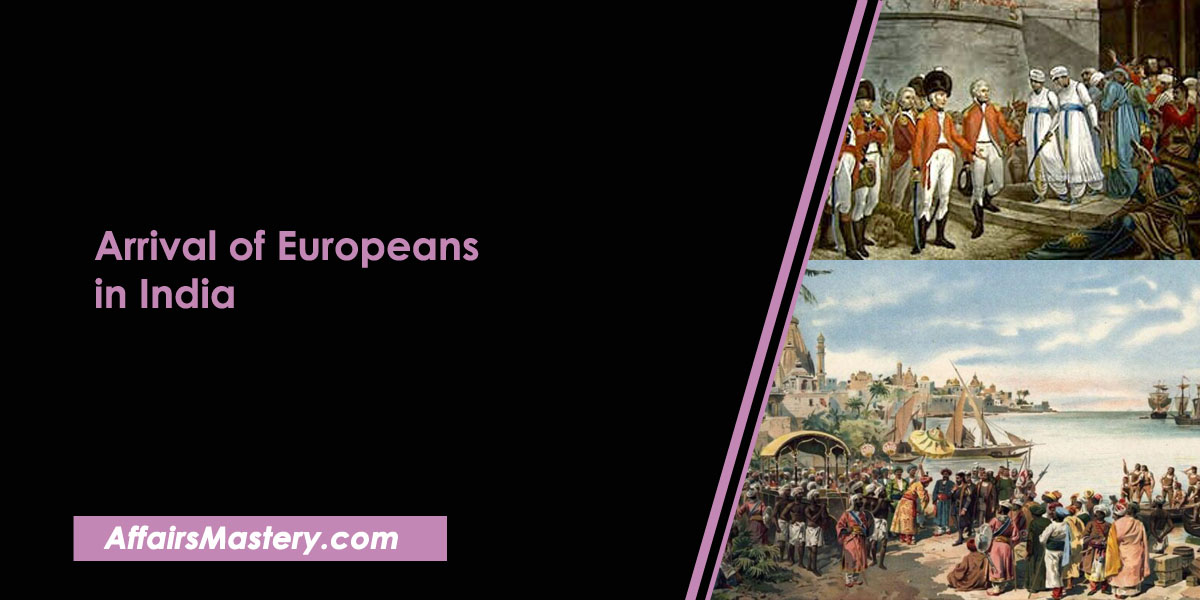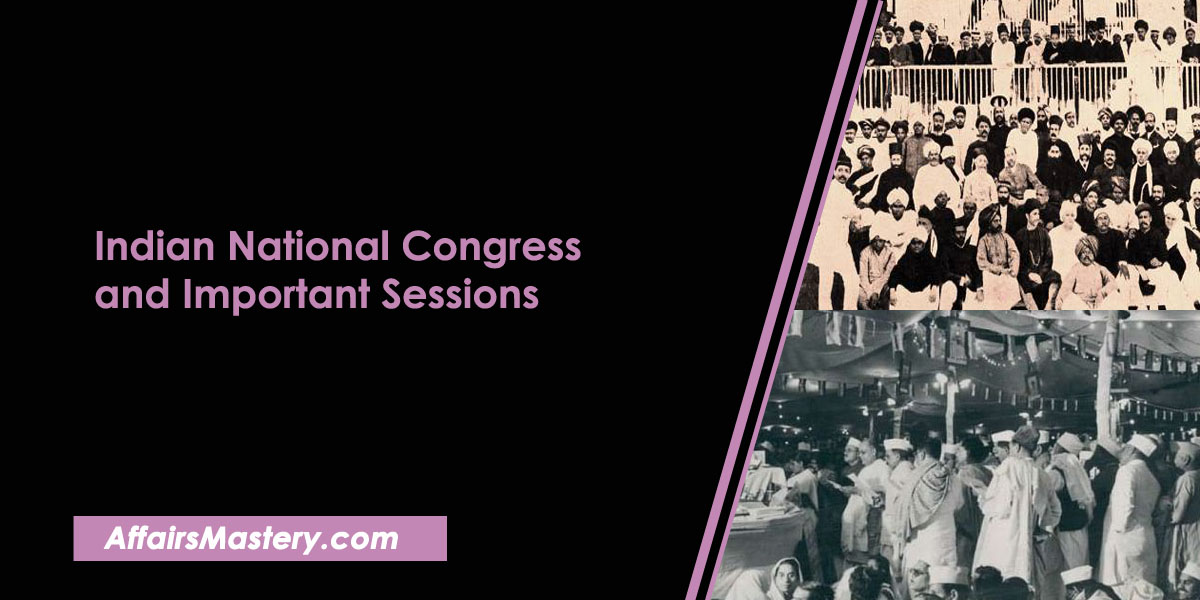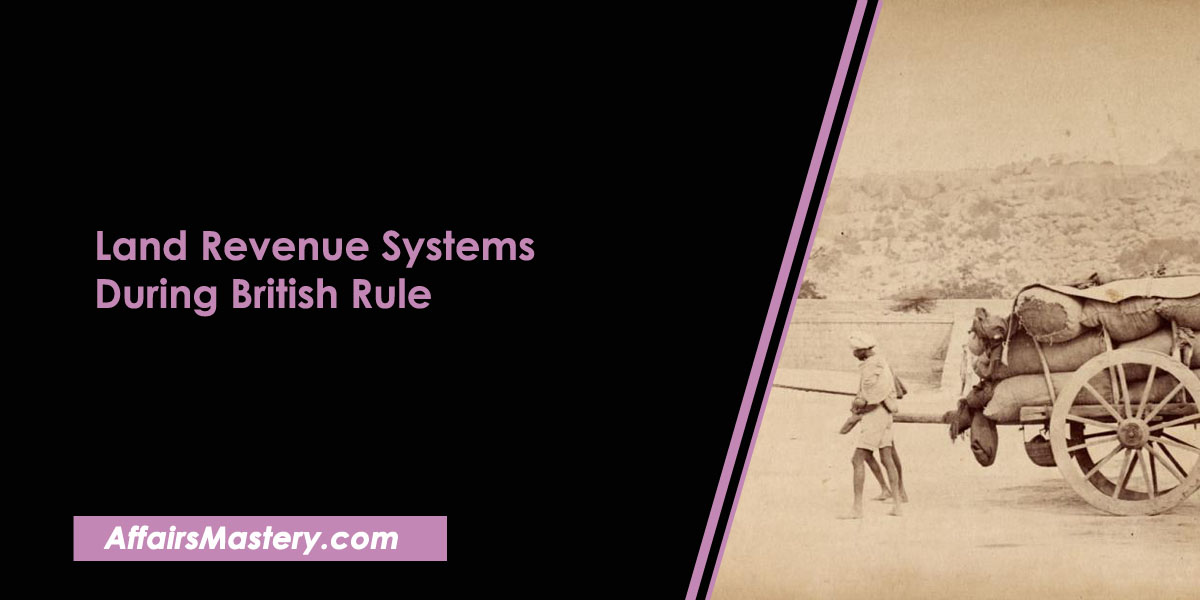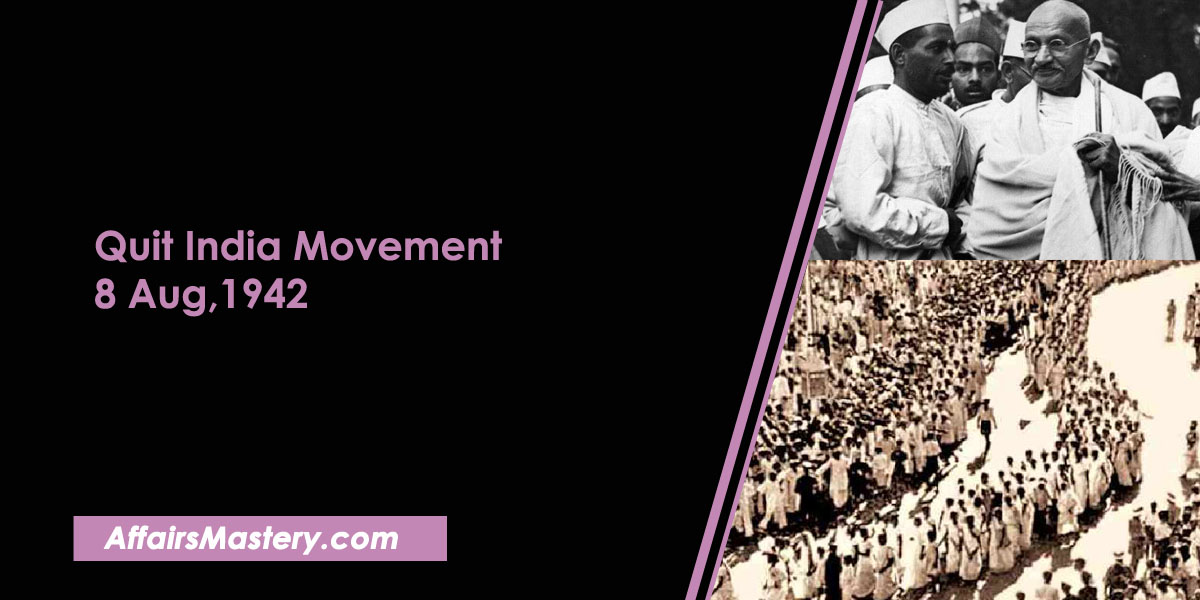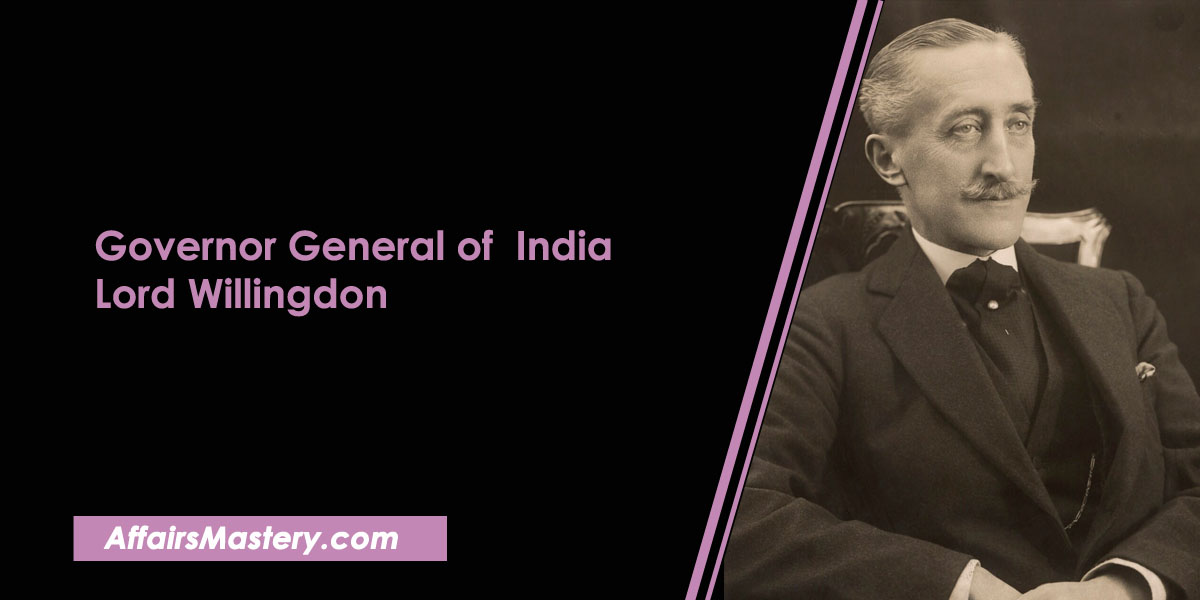Lord William Bentinck – Important Short Notes for Exams
Lord William Bentinck was the first Governor-General of India. Many Important reforms and events occurred in his time. He had a great participation in Indian modern history. Topic is useful for UPSC, State exams and other exams and for general knowledge.
About
- Lord William Bentinck(1774-1839), GCB(Most Honourable order of the Bath), GCH(Royal Guelphic Order), PC(Privy Council) was a highly esteemed British soldier and statesman who served in the Napoleonic Wars, as well as Governor-General of India from 1828 to 1835.
- He is remembered for his progressive reforms during this period which included abolishing sati (the practice of burning widows alive on their husband’s funeral pyres).
- He was the second son of the Prime Minister William Bentinck, 3rd Duke of the Portland and Lady Dorothy.
- At a very young age, Bentinck made the brave decision to join the British army and his exemplary service led him to rapidly ascend through its ranks, eventually reaching Colonel by 1798.
Events during his time in India
- In 1803, to the surprise of many, he was appointed Governor of Madras and promoted to major-general on 1 January 1805.
- Although Lord William Bentinck’s tenure as Governor-General of India was moderately successful, it came to an abrupt end due to the Vellore Mutiny in 1806 which was caused by his order that prohibited native troops from wearing their traditional attire(garb).
- He was the Governor General of Bengal(1828-33).
- Abolition of Sati in 1829. Declared that Sati is illegal and punishable in courts. This law was extended in Madras and Bombay in 1830. This law offended the people of Bengal, Bihar, Orissa etc. Matter goes to Privy Council in London. Raja Ram Mohan Roy presented counter Petitions but those were rejected . Ban was upheld.
- Lord William Bentinck in 1829, issued a proclamation that prohibited female infanticide and put an end to the custom of killing newly born girls as well as human sacrifices.
- Thugs moved around in small groups of fifty to a hundred people, pretending to be commercial gangs or pilgrims and then proceeded to strangle and rob unsuspecting peaceful travelers. One of the most admirable measures taken by Lord William Bentinck was his suppression of thugs and criminals, which helped to reduce crime in India during that time.
- In 1831, William Bentinck took control of Mysore due to the misgovernance and lack of proper administration in the region.
- Bentinck passed the Charter Act of 1833 which is also known as Saint Helena Act 1833. This act abolished the monopoly of the East India Company and changed the title of Governor General of Bengal to the Governor General of India.
- He was the first Governor General of India(1833-35).
- Lord Bentinck implemented a wide variety of cost-cutting measures, which unfortunately resulted in the long-term resentment from many military personnel whose salaries were reduced.
- People often emphasize his efficient financial management because he is able to manage resources.
- His modernising projects also included a policy of westernisation, which was heavily influenced by the Utilitarianism philosophies of Jeremy Bentham and James Mill. This particular aspect proved to be more controversial than other aspects due to its implications on traditional values.
- He also implemented a series of reforms to the court system, making it more efficient and accessible for all citizens.
- Abolished provincial courts of appeal and circuit set up by Cornwallis.
- The British Empire annexed Coorg in 1834 under the rule of Lord William Bentinck, making it his only annexation during his time as Governor-General
- Lord Bentinck passed the English Education Act 1835 which made English as a medium of instruction in all educational institutions. This was an important step towards modernizing education.
- English replaced Persian as the language of the higher courts, which was a major shift in how legal proceedings were conducted.
- In 1835, it was decided that western sciences and literature would be imparted to Indians through medium of english by Lord William Bentinck government.
- Bentinck had appointed Thomas Babington Macaulay as the chairman of the General Committee of Public instruction.
- Macaulay’s minutes on education were accepted declaring English should be the official language of India.
- In 1835, the Elphinstone College(Bombay) and the Calcutta Medical College were established.
- This policy was an attempt to create the system of education which educates only upper strata of society through english.
- Lord William Bentinck, also known as the Father of Modern Western Education.
If you find our content helpful and interesting, please consider joining us on Telegram @affairsmastery to show your support. We would really appreciate it!
Related articles
- Important Battles in Indian History
- Important treaties in Indian history
- List of Foreign Travellers who came to India
- List of Governor General of India and Viceroy of India
- Robert Clive – Important Short Notes for Exams
- Warren Hastings – Important Short Notes for Exams
- Lord Canning – Important Short Notes for Exams
- Lord Mountbatten – Important Short Notes for Exams
- C. Rajagopalachari – Important Short Notes for Exams
- Lord Wavell – Important Short Notes for Exams
- Lord Linlithgow – Important Short Notes for Exams
- Lord Willingdon – Important Short Notes for Exams
- Non Cooperation Movement (1919-1922)
- Important Personalities related to Social Movements of India
- List of Important Personalities of Indian Freedom Struggle
- List of Important Books on Revolt of 1857 and their Author
- Important Leaders of 1857 Revolt and their places
- Constituent Assembly of India and its Composition: Important Short Notes
- Important Tribal Movements in India
- Direct Action Day 1946: Important Short Notes for Exams
- Interim Government of India, 1946 and its members
- Important Socio Religious Reform Movements in India – Short Notes
- Khilafat Movement (1919-1924) – Important Short Notes for exams
- Lucknow Pact, 1916 – About, Features, Outcome (Important Short Notes)
- C R Formula or Rajaji Formula, 1944 – About, Main Points (Important Short Notes)
- Wavell Plan, 1945 – About, Main Points (Important Short Notes)


